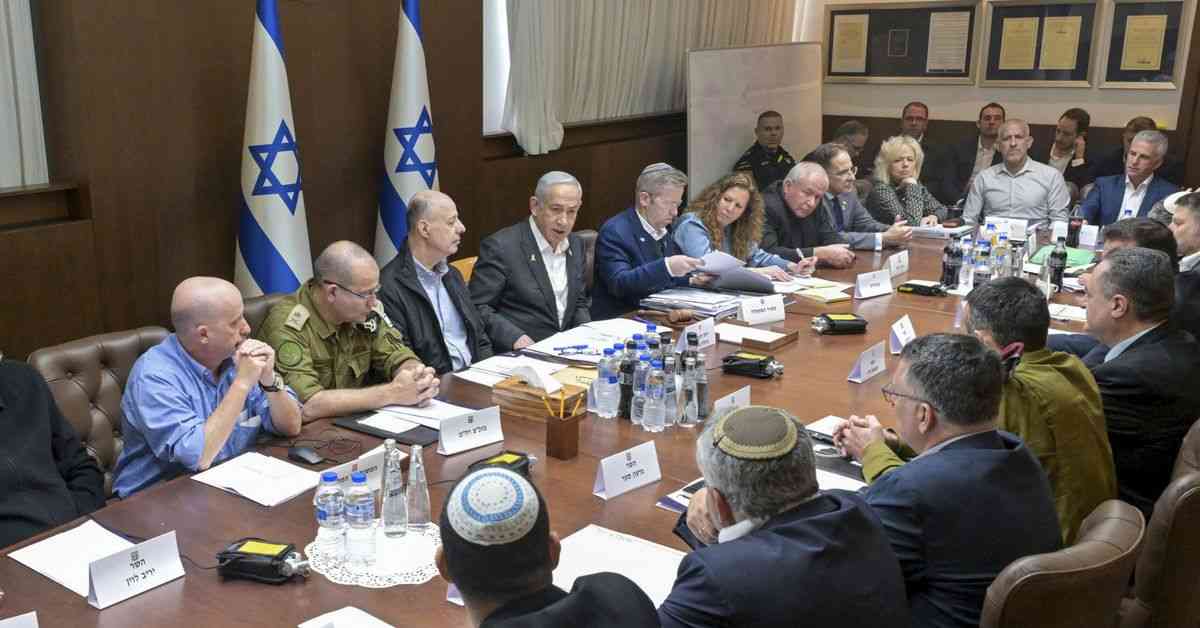The Breakthrough Ceasefire Deal in Gaza
The ceasefire between Israel and Hamas is set to commence at 5.30 pm on Sunday, marking a pivotal moment in the 15-month war that has ravaged Gaza and Israel. The ceasefire, approved by Israel’s cabinet, will see the release of 33 hostages over the next six weeks in exchange for hundreds of Palestinians imprisoned by Israel. This development brings the warring sides closer to ending one of their deadliest conflicts ever.
Long-Awaited Approval and Complications
Israel’s government announced the approval of the ceasefire deal after an intense overnight cabinet meeting that extended into the Jewish Sabbath, underscoring the significance of the decision. Prime Minister Benjamin Netanyahu’s security cabinet voted in favor of the deal after days of deliberation and last-minute complications attributed to Hamas.
The ceasefire, mediated by Qatar and the US, faced uncertainty for more than a day before the Israeli government confirmed its acceptance. Questions linger about the specifics of the deal, including the identities and statuses of the 33 hostages to be released in the initial phase of the ceasefire.
Hope for the Displaced
As the ceasefire takes effect, there is a glimmer of hope for the displaced Palestinians in Gaza, who have endured immense suffering during the conflict. Trucks carrying humanitarian aid are lining up at the border to provide much-needed relief to the devastated region. Additionally, Israeli forces are expected to withdraw from various areas in Gaza, allowing hundreds of thousands of Palestinians to return to their remaining homes.
Among those waiting for the ceasefire to come into effect is Ekhlas al-Kafarna, a displaced individual in Gaza who expressed optimism for the future once the Sunday deadline arrives.
Challenges Ahead
While the ceasefire offers a temporary respite from the violence, it is just the beginning of a more complex negotiation process. The second phase of the deal, which involves the release of the remaining hostages and addressing long-term governance and reconstruction issues in Gaza, poses significant challenges for both Israel and Hamas.
Despite the ceasefire, underlying tensions and political divisions persist within Israel, with hard-line coalition partners like Itamar Ben-Gvir threatening to resign over the deal. The delicate balance of power in the Israeli government adds another layer of complexity to the already intricate peace process.
As the ceasefire takes effect on Sunday, the world will be watching closely to see if this breakthrough will pave the way for a lasting peace in the region.

















